What is Your Organizational Purpose?
Your organizational purpose gets at the heart of why your organization exists. Purpose defines your reason for being. A purpose communicates what the organization stands for.
Today we were talking with a client who is part of a billion-dollar company. He shared that throughout COVID the CEO’s clear message which communicated a greater reason for existence unified the company. The executive said, “I saw that I had the opportunity to be part of something great.” As a result, he was inspired, energized and more committed than ever to the company.
Simon Sinek’s TED talk Start with Why has been watched over 53 million times! His simple message was that purpose matters. It led to a book and an increased realization of the power of purpose. Companies that clarify and live their purpose perform better. According to PwC, 79% of business leaders believe that purpose is central to success.
An example of a company being clear and authentic about its purpose is CVS, who made the decision to discontinue the sales of tobacco products in all their stores. Those products were a great source of revenue but did not support the organizational purpose, to “help people on their path to better health.”
There are many approaches to defining organizational purpose – the key is to have one! One company we worked with used a grassroots, workshop approach:
Fifteen employees, representing a cross-section of the company, met for two days (remember when you could do that?!) We white-boarded the research gathered by the group, had lively exchanges of ideas, and came up with a powerful statement. Then the leadership team then got involved and refined it. This helped create buy-in across the organization.
DISCLAIMER: Each organization is unique and requires a purpose definition process tailored to their culture.
We’ve been part of the Chicago Conscious Capitalism Chapter and have appreciated the movement’s balanced thinking about purpose. There are 4 pillars that are foundational to the movement including culture, leadership and stakeholders as well as purpose. Check out the Conscious Capitalism site for more resources.

